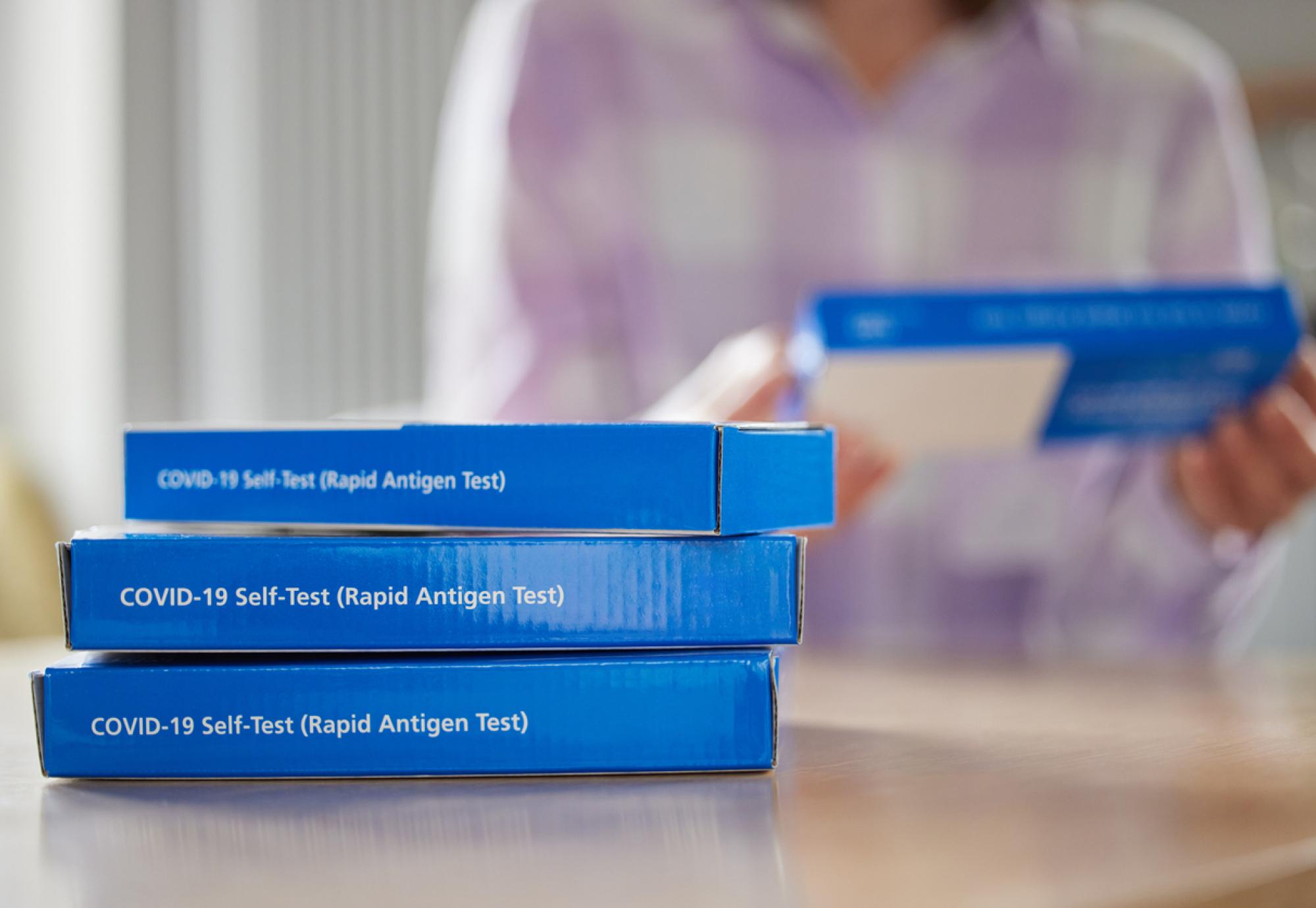Starting from the 31st of August, regular asymptomatic testing will cease in all remaining healthcare settings, as the UK continues to learn to live with Covid-19.
The resounding success of the UK’s world-leading vaccination programme means the risk of transmission has drastically reduced with cases falling to just 40,027, meanwhile deaths and hospitalisations have fallen to just 744 and 6,005 respectively in the last seven days.
As a result of this, wider asymptomatic testing is set to pause in:
- The NHS (including independent health care providers treating NHS patients)
- Adult social care and hospice services
- Parts of the prison estate and some places of detention
- Certain domestic abuse refuges and homelessness settings
Symptomatic testing however is to continue, with care home and hospice admissions, immunocompromised patients and the vulnerable parts of the population still requiring protection from the virus. Testing will also be made available in the event of an outbreak in high-risk settings.
Health and Social Care Secretary Steve Barclay said: “Thanks to the success of our world-leading vaccination roll-out, we are able to continue living with Covid and, from 31 August, we will pause routine asymptomatic testing in most high-risk settings.
“This reflects the fact case rates have fallen and the risk of transmission has reduced, though we will continue to closely monitor the situation and work with sectors to resume testing should it be needed. Those being admitted into care homes will continue to be tested.
“Our upcoming autumn booster programme will offer jabs to protect those at greatest risk from severe Covid, and I urge everyone who is eligible to take up the offer.”
The Government’s autumn booster programme is set to commence on the 12th of September with health officials urging the public to come forward for a vaccine if eligible.
On launch of the booster programme, the UK will become the first country in the world to launch a next generation bivalent vaccine, targeting both the original 2020 strain and the omicron variant, after the Medicines and Healthcare products Regulatory Agency approved its use for the upcoming seasonal booster programme.
Dr Susan Hopkins, Chief Medical Adviser to the UK Health Security Agency, said: “Covid case rates and hospitalisations are on the decline, demonstrating the positive impact of the vaccines, which remain our best form of defence. The data from our surveillance shows prevalence is low and decreasing, and we will continue to monitor this data closely.
“If you are invited to receive a booster jab in the autumn, or if you have not yet had a Covid vaccine, please do take up the offer to protect yourself and those around you.”



















